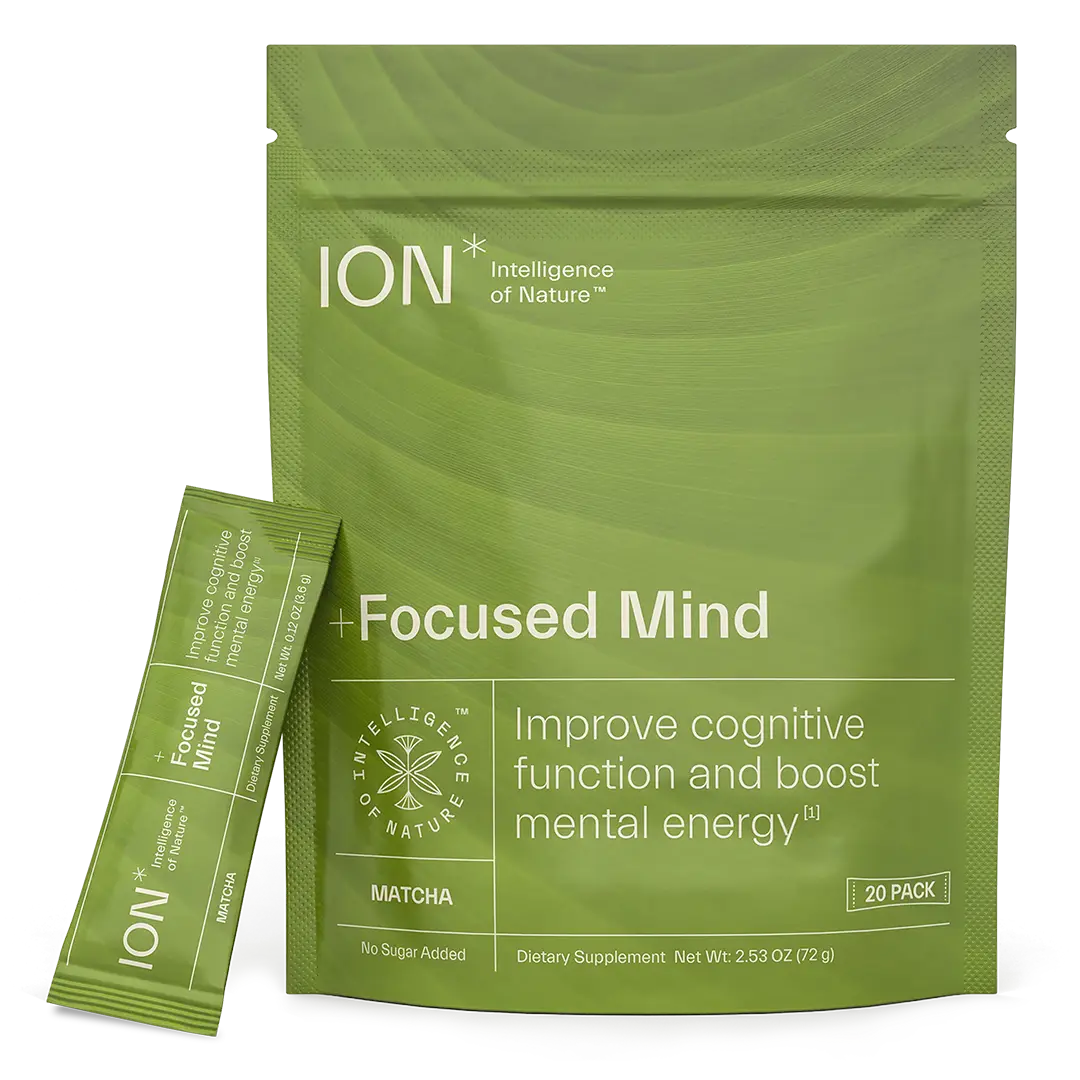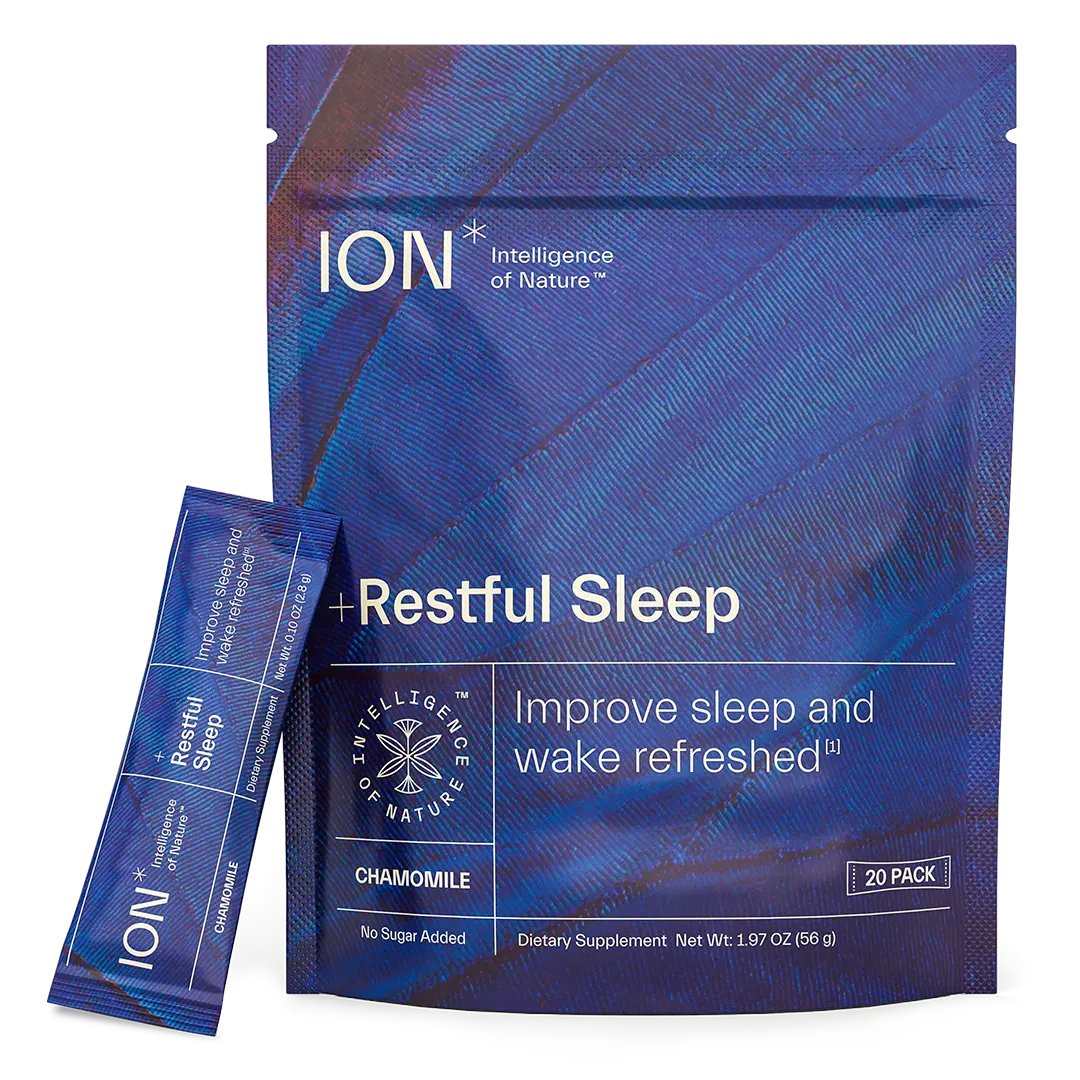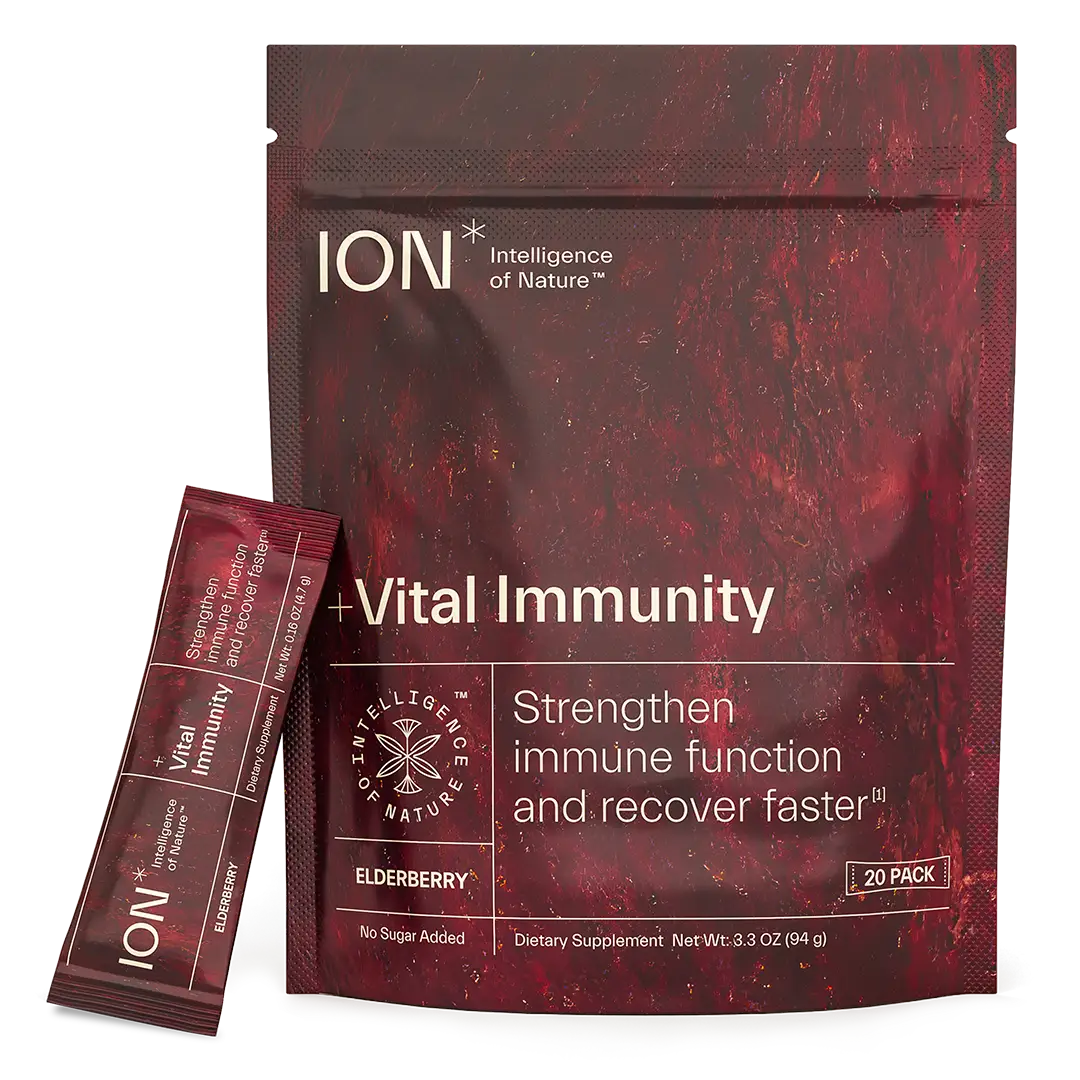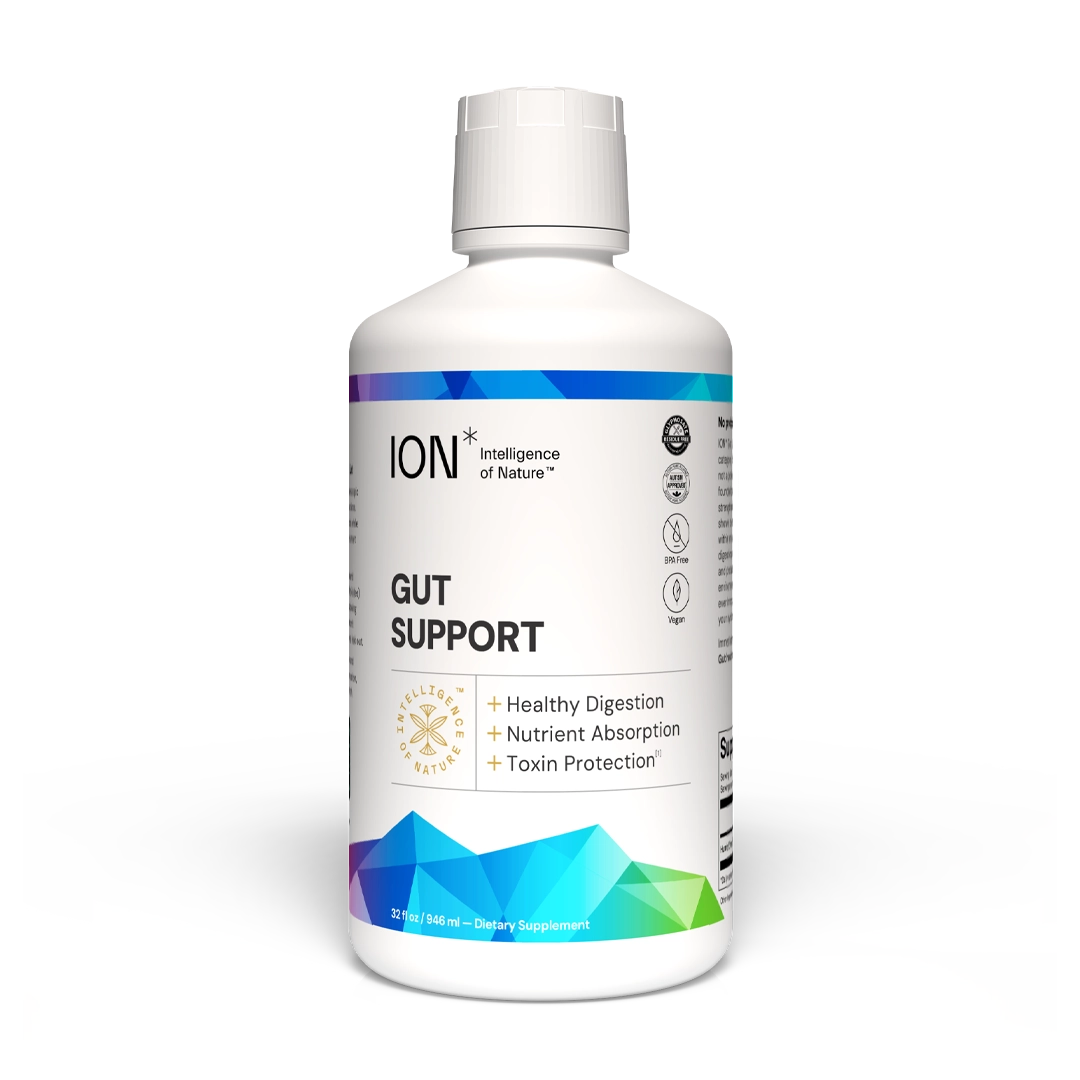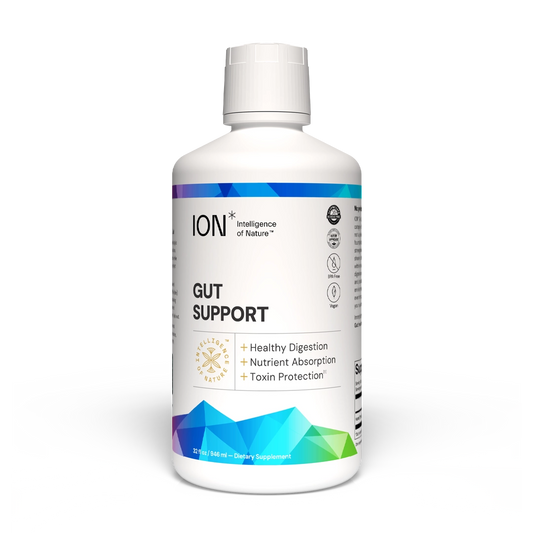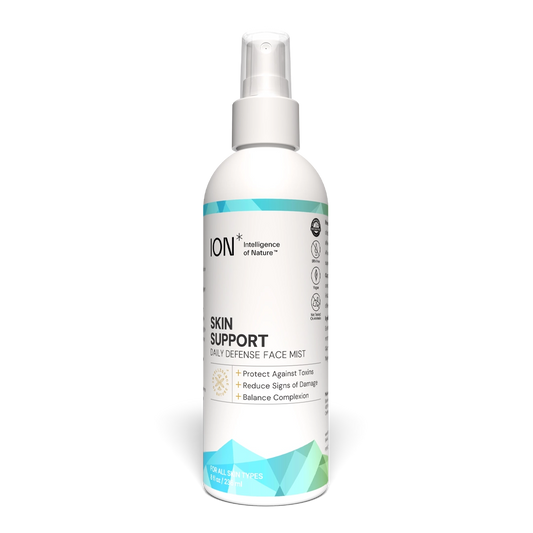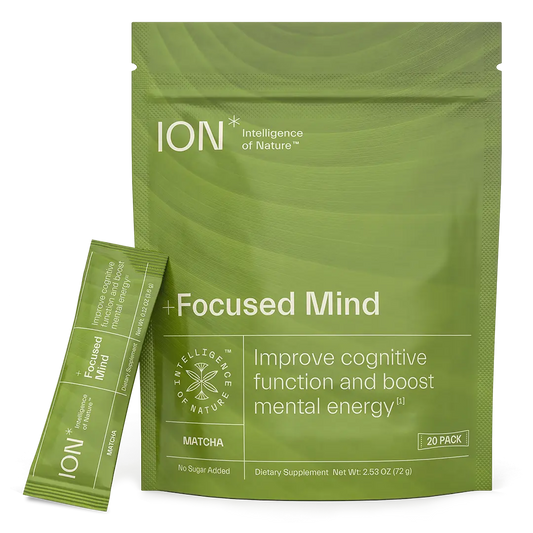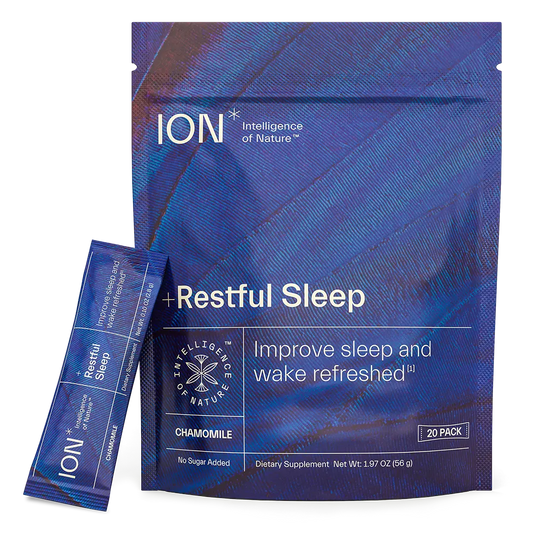
1. Nutrition is Key to Immune Health
One way to boost your child’s immune system is to start with serving up five cups of fresh fruits and veggies every day (10 tablespoons for toddlers). And not all potatoes. What is usually missing is color, lots of color. Phytonutrients give plants their pigments such as deep-hued foods like berries, dark greens, melons, and spices. These phytonutrients have specific pharmacological effects such as anti-microbial, antioxidant, anti-inflammatory, antiallergic, anti-spasmodic, anti-cancer, and anti-aging3. So, encourage colorful meals to make natural immune system boosters at home!
Another key is cutting way back on processed foods. And when I say “processed”, I mean “chemically processed”. Chemical processing results in foods with artificial ingredients and altered structures that our body cannot easily digest. Studies have shown a connection between consumption of these processed foods and higher body fat during childhood and adolescence4. Additionally, mounting scientific evidence shows that processed foods reprogram the immune system5. So, let us keep nature in mind when feeding our little ones.
2. Keep Your Child Active
We all know daily exercise is important. However, kids are becoming increasingly sedentary, and a lack of exercise in children can result in health problems. Studies have shown that moderate intensity exercise has a beneficial effect on a child’s immune system and decreases their stress hormones6. Exercise is not only an important immune booster for kids, but it also improves bone health, psychological well-being, cognition, and school performance and may decrease the risk of sports injury. Exercise habits established in childhood often continue into adulthood7.

3. Establish Healthy Sleeping Habits
Most parents know that it can be a fight to get a child to bed, but the fight is worth it. Poor sleep quality is associated with prehypertension in healthy adolescents8. Research has also shown that there is a strong connection between short sleep durations and future obesity in children9. Establishing a healthy bedtime routine can help your children sleep more soundly. For example, have them take a bath and read a book. Also, going to bed at the same time every night is important, even on the weekends. A newborn baby should sleep up to 18 hours of the day, toddlers need 12-13 hours, children aged 7-12 should sleep 10 hours and teenagers need 8-9 hours. Sleeping is best in a cool, dark room away from the distractions of computers and tablets.
4. Support Their Microbiome

Perhaps the least obvious, and yet one of the most important elements of immune support for kids, is helping them maintain a balanced microbiome. After all, a happy gut means a happy kid10. Their microbiome helps boost the immune system and prevent infections by competing for nutrients and space with potential pathogens. Nature supports your child’s microbiome with healthy soil and air11. However, significant environmental damage, including the ubiquitous spraying of harmful chemicals, makes defending their growing bodies harder than ever before. Protect your little ones from environmental toxins with ION* Gut Support. It has been scientifically proven to help restore tight junction damage from toxins such as glyphosate12.
Learn more about how our partners at
Non-Toxic Neighborhoods are working towards
removing pesticides from our public spaces.
Happy Microbiome!
Matthew Bednar, PhD
Bringing science out of the lab and into your life.
References:
- Dynamics of Obesity and Chronic Health Conditions Among Children and Youth, Van Cleave J, Gortmaker SL, Perrin JM.. JAMA. 2010;303(7):623–630. doi:10.1001/jama.2010.104.
- Effect of Multiple Chronic Diseases on Health Care Expenditures in Childhood, Wenjun Zhong, Dawn M. Finnie, Nilay D. Shah, Amy E. Wagie, Jennifer L. St. Sauver, Debra J. Jacobson and James M. Naessens, Journal of Primary Care & Community Health, 2015, Vol. 6(1) 2–9.
- Phytonutrients as therapeutic agents, Charu Gupta and Dhan Prakash, J Complement Integr Med. 2014; 11(3): 151–169.
- Consumption of ultra-processed foods and body fat during childhood and adolescence: A systematic review, Costa, C., Del-Ponte, B., Assunção, M., & Santos, I. (2018). Public Health Nutrition, 21(1), 148-159. doi:10.1017/S1368980017001331.
- Western Diet Triggers NLRP3-Dependent Innate Immune Reprogramming, Anette Christ, Patrick Günther, Mario A.R. Lauterbach, Mihai G. Netea, Joachim L. Schultze, Eicke Latz, Cell 172, 162–175, January 11, 2018.
- EXERCISE IS POSITIVELY RELATED TO ADOLESCENTS' RELATIONSHIPS AND ACADEMICS, Tiffany Field, Miguel Diego and Christopher E. Sanders, Adolescence(Vol. 36, Issue 141)
- Physical activity in children and adolescents, Landry BW1, Driscoll SW, PM R. 2012 Nov;4(11):826-32. doi: 10.1016/j.pmrj.2012.09.585
- Sleep Quality and Elevated Blood Pressure in Adolescents, Sogol Javaheri, Amy Storfer-Isser, Carol L. Rosen, and Susan Redline, Circulation. 2008;118:1034–1040.
- Longitudinal impact of sleep on overweight and obesity in children and adolescents: a systematic review and bias-adjusted meta-analysis, Fatima Y, Doi SA, Mamun AA, Obes Rev. 2015 Feb;16(2):137-49. doi: 10.1111/obr.12245. Epub 2015 Jan 14.
- Happy Gut Bacteria, Happy Brain: The Microbiota-Gut-Brain Axis. Front, Lima-Ojeda J, Rupprecht R and Baghai T (2019). Young Minds. 7:15. doi: 10.3389/frym.2019.00015.
- Biodiversity, human microbiota, and allergy, Ilkka Hanski, Leena von Hertzen, Nanna Fyhrquist, Kaisa Koskinen, Kaisa Torppa, Tiina Laatikainen, Piia Karisola, Petri Auvinen, Lars Paulin, Mika J. Mäkelä, Erkki Vartiainen, Timo U. Kosunen, Harri Alenius, Tari Haahtela, Proceedings of the National Academy of Sciences May 2012, 201205624; DOI: 10.1073/pnas.1205624109.
- Protective Effects of Lignite Extract Supplement on Intestinal Membrane Function in Glyphosate-Mediated Tight Junction Injury, Gildea JJ, Roberts DA, Bush Z.. J Clin Nutr Diet. 2017, 3:1. doi: 10.4172/2472-1921.100035.
